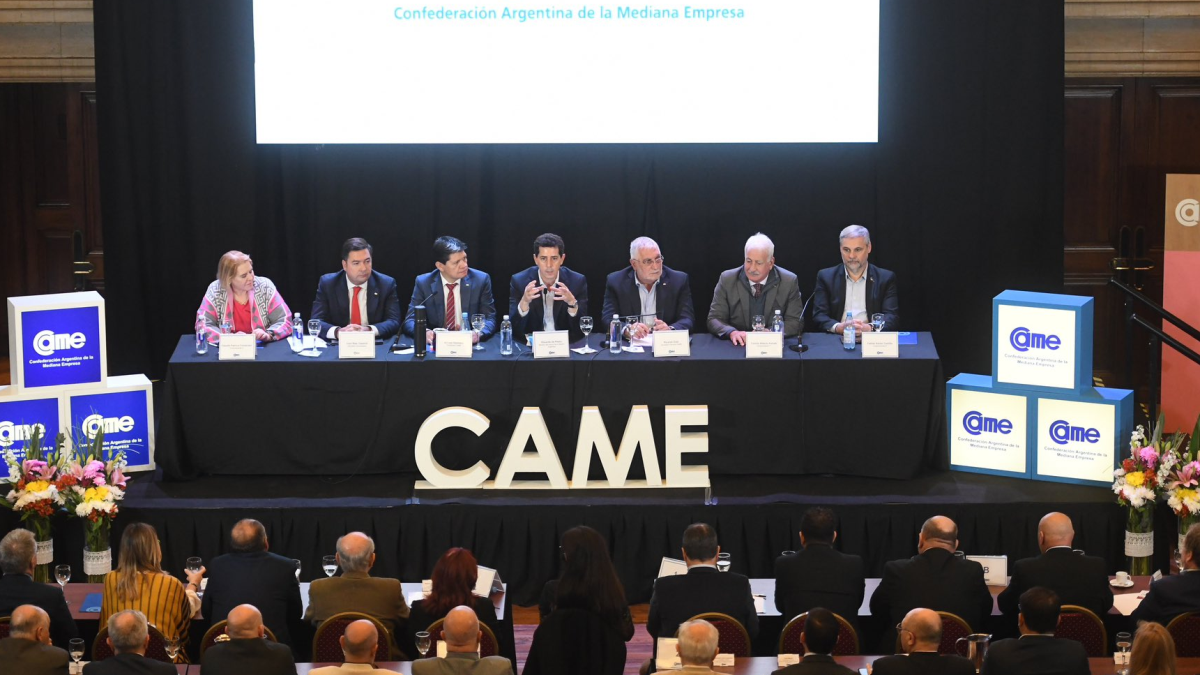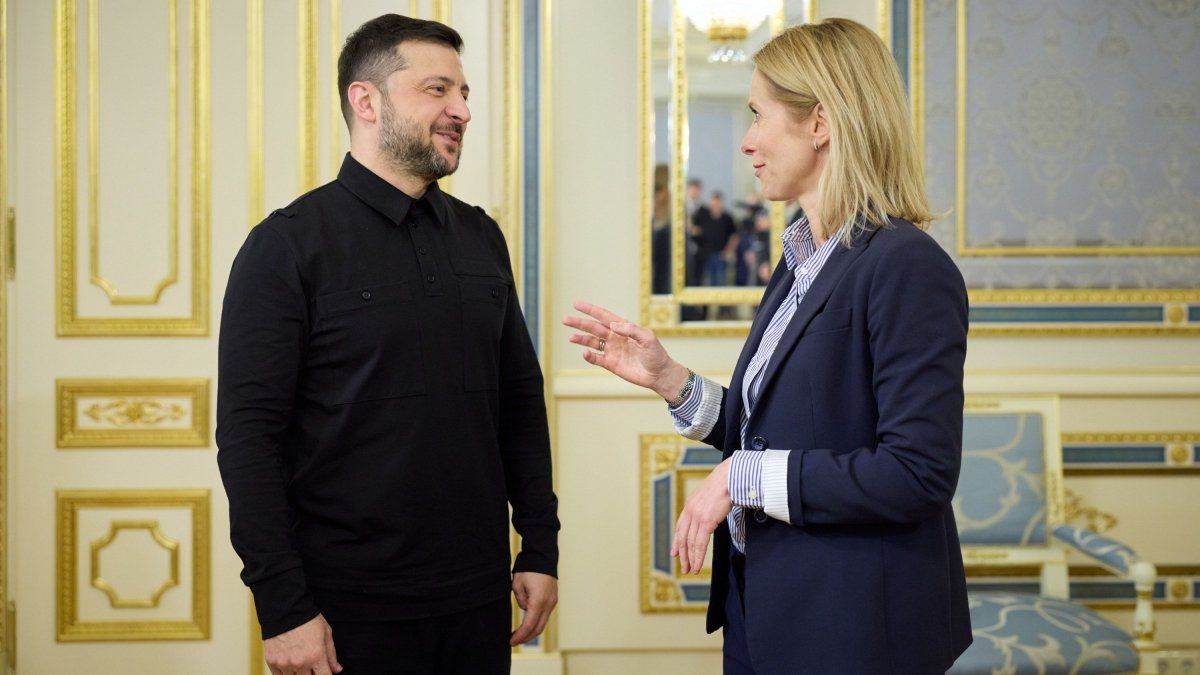The business chamber contributed its voice in the middle of the debate in the nation’s Senate.
The Argentine Confederation of Medium Enterprises (CAME) He contributed his voice after the CAEM (Argentine Chamber of Mining Companies) and the UIA (Argentine Industrial Union) among others expressed their support for the RIGI, the investment incentive regime proposed within the Base Law and that is being debated in the Senate of the Nation. In this framework, CAME, which represents small and medium-sized companies, expressed its support but raised reservations regarding the inclusion of small and medium-sized companies.
The content you want to access is exclusive to subscribers.
“CAME considers that the Large Investment Incentive Regime (RIGI) – contemplated in the bill of Bases and Starting Points for the Freedom of Argentines – is an instrument that, due to the tax benefits granted, has the potential to attract investments from great volume to our country. “The great challenge that this regime faces is that these investments become a lever for sustained economic growth and the creation of wealth and development of society as a whole,” stressed the general secretary of the SME entity, Ricardo Diab.


“It is indisputable that without productive investment there is no sustainable economic development and that in the current situation that our country is going through, large productive investments must be attracted by fiscal incentives. The RIGI is, in our view, a powerful system of attracting productive investments. But it should not be left aside that any incentive towards investment has the counterpart of lower revenue and discriminatory treatment towards companies that do not have such benefits.
“For this reason, an incentive regime is only justifiable to the extent that society as a whole obtains a benefit greater than the cost it incurs and that said benefit materializes over a long period of time,” González stated.
RIGI: the order for SMEs
“CAME shares the need to generate incentives for productive investment. We are the first defenders of the real economy that is opposed to the speculative economy and we are aware that without incentives there is no investment. But regarding the return on that investment, questions arise: How many jobs will these investments generate? How many local suppliers will be integrated into this process?What will be the net foreign exchange balance that will be generated in our country as a result of this regime? “What are the clauses that encourage the participation of our companies in the investment process?” the statement continued.
“Even We believe that some parts of the articles could be improved based on current regulations.. Just as an example we will cite Resolution 256/00 of the Ministry of Economy of the Nation that promotes the inclusion of national content in these investment projects,” Diab highlighted.
“In short, it is imperative to attract investments, it is imperative that our productive system rise to a higher scale and it is necessary to provide incentives to drive these investments. But at the same time It is essential to integrate small and medium-sized businesses into this regime, to the existing industry, to regional and local economies. It is essential that it benefits society as a whole,” he concluded.
Source: Ambito




